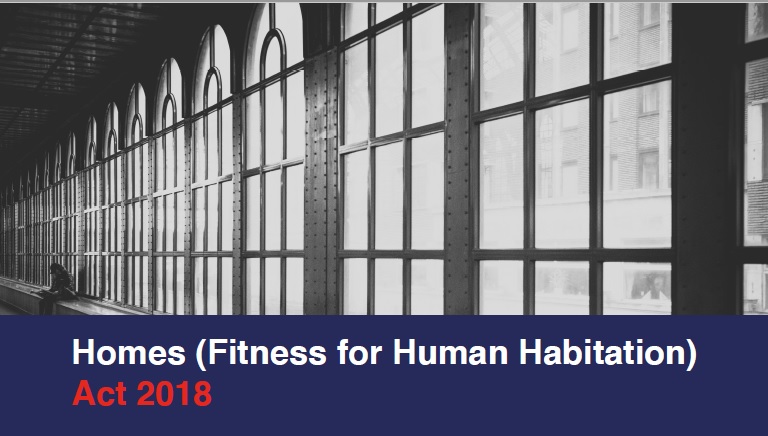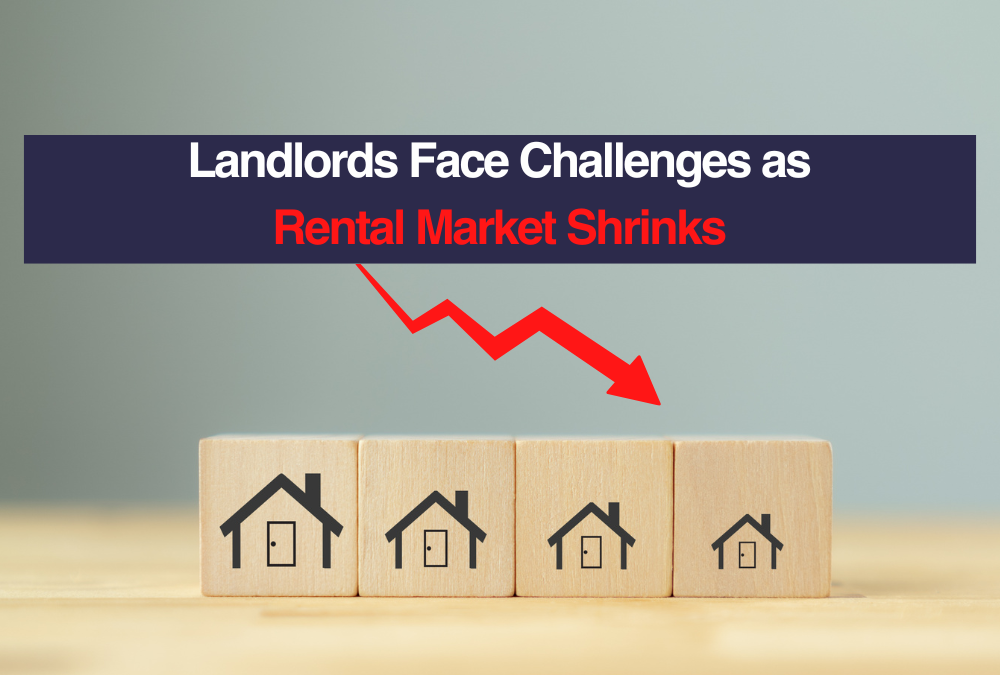What Does This Act Mean?
Under this Act, the Landlord and Tenant Act 1985 was amended to require that all rented properties, including any common parts of a building, were fit for human habitation at the beginning of the tenancy and throughout.
It stated that “landlords need to ensure that their property is free of hazards which are so serious that the dwelling is not reasonably suitable for occupation in that condition”.
Once the Act came into force on 20 March 2019, landlords with properties let on existing tenancies had 12 months to comply. For any new tenancies the Act applied immediately. The idea was to strengthen tenants’ means of redress against the minority of landlords who did not fulfil their legal obligations to keep their properties safe.
“Fitness For Human Habitation”
As stated under the Landlord and Tenant Act 1985, a property is to be regarded as unfit for human habitation if it is “so far defective in one or more of those matters that it is not reasonably suitable for occupation in that condition”.
Those main issues include:
- Unsafe layout
- Building is unstable
- Serious issues with damp
- Building is neglected or in a bad condition
- Waste drainage problems
- Not enough natural light
- Inadequate facilities for preparing or cooking food
- Inadequate water supply
- Poor ventilation
What Do Landlords Need To Do?
Once the landlord is made aware of the issue by the tenants, it is deemed that they have a reasonable amount of time to make the necessary improvements and are actively attempting to rectify the hazards.
The tenant must not obstruct any repairs as long as reasonable notice is given, usually a minimum of 24 hours written notice and within reasonable hours. In the case of an emergency, the landlord may be entitled to enter the property on shorter notice. Records should be kept of all communications in case of legal action.
Exemptions to this Act include if:
- the problem is caused by tenant behaviour
- the problem is caused by situations that are outside of the landlord’s control such as fires, storms and floods
- the problem is caused by the tenants’ own possessions
- the landlord hasn’t been able to get consent e.g. planning permission, permission from freeholders etc.
- the tenant is not an individual, e.g. local authorities, national parks, housing associations, educational institutions
- the tenant has a ‘licence to occupy’ instead of a tenancy agreement, such as lodgers
Do Landlords Need To Comply?
Yes!
Where a landlord fails to comply with the Act, tenants have the right to take court action for breach of contract. If the court decides that the landlord has not provided their tenant with a home that is fit for habitation, then the court can:
- make the landlord pay compensation to their tenant
- make the landlord do the necessary works to improve their property
How Do I Make Sure I am Not In Breach of Contract?
That’s where we come in!
Contact us here at Horizon Lets for any advice on how to make sure your property meets the government regulations. Contact our Letting Agents today.
Related Articles
- Legislation Update: EICR
- Landlords Guide to Water Supply & Your Responsibilities
- Landlord Responsibilities – Gas Regulations
- Unfair Terms in Tenancy Agreements
- Landlord’s Guide to Letting Property








